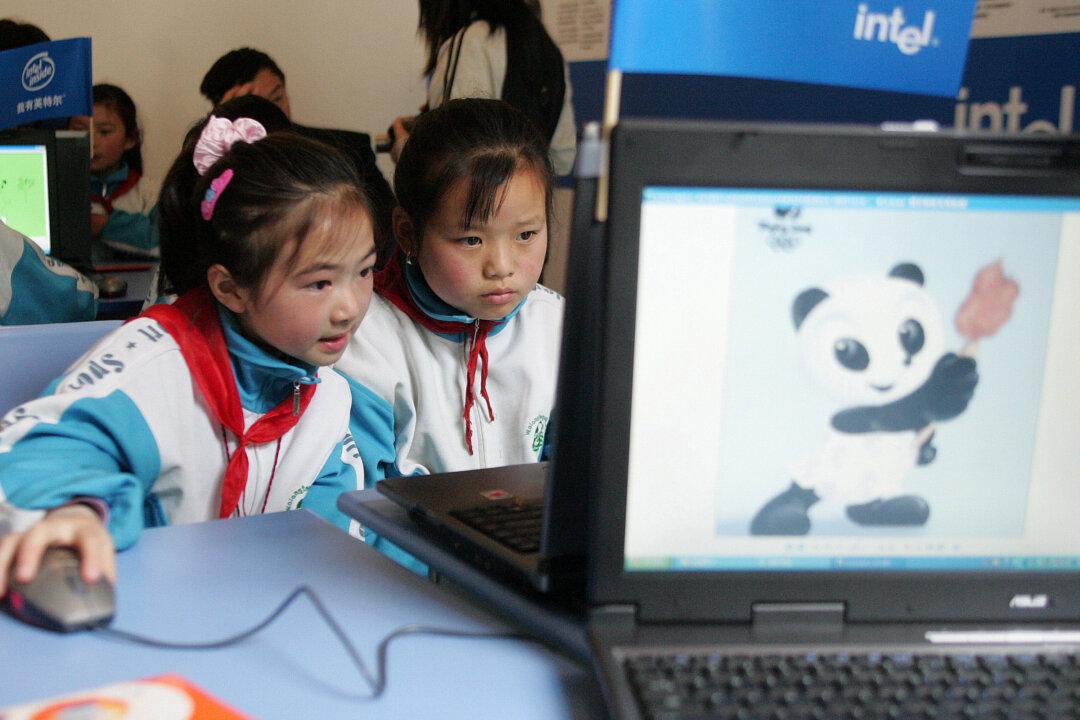China’s cyberspace watchdog recently announced that it will set up governance rules and systems for algorithms in the next three years or so, together with other Chinese-state bodies.
The new policy is set to influence user choice, as the regulator said algorithms—which the internet and online search runs on— should strictly align with the interest of the ruling Party and national security initiatives, according to a Sept. 29 statement published by the Cyberspace Administration of China on Chinese social media platform, WeChat.




